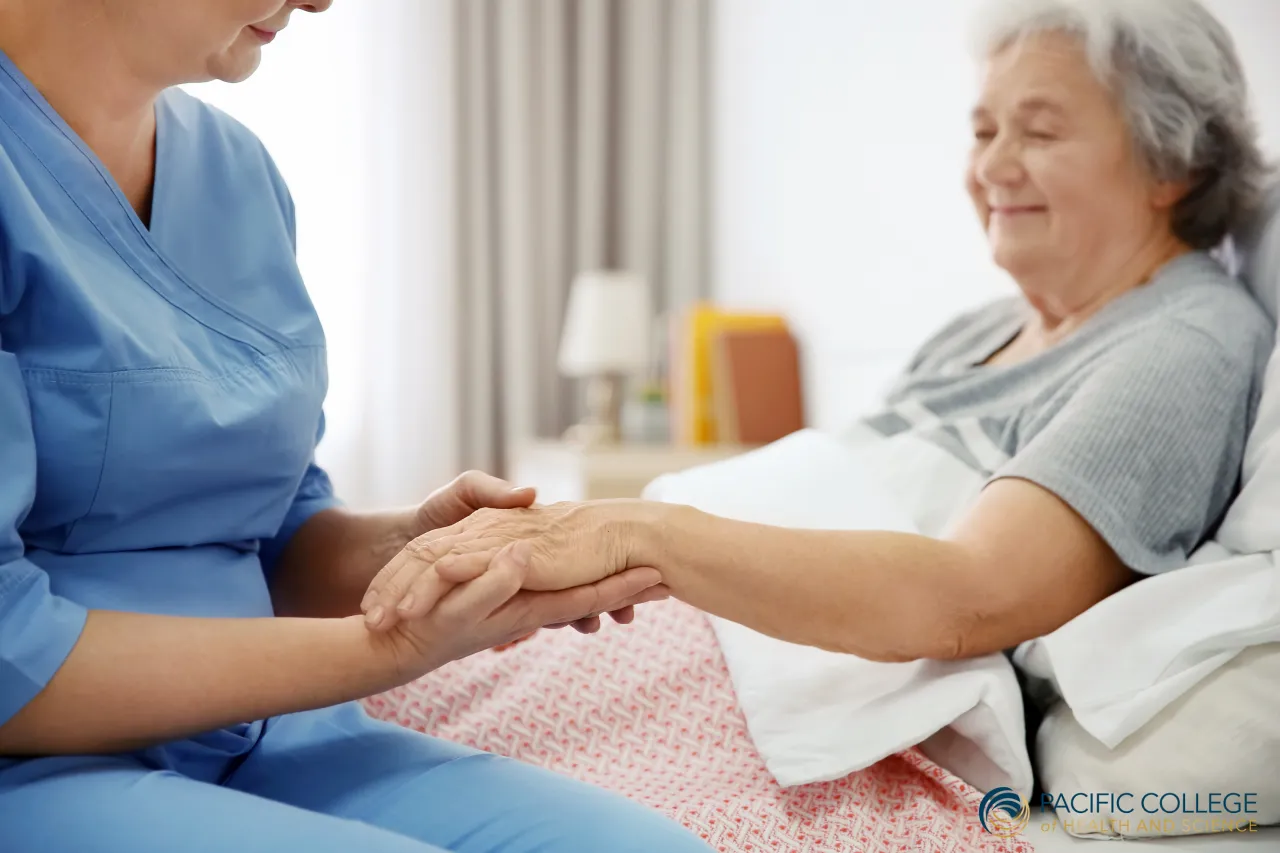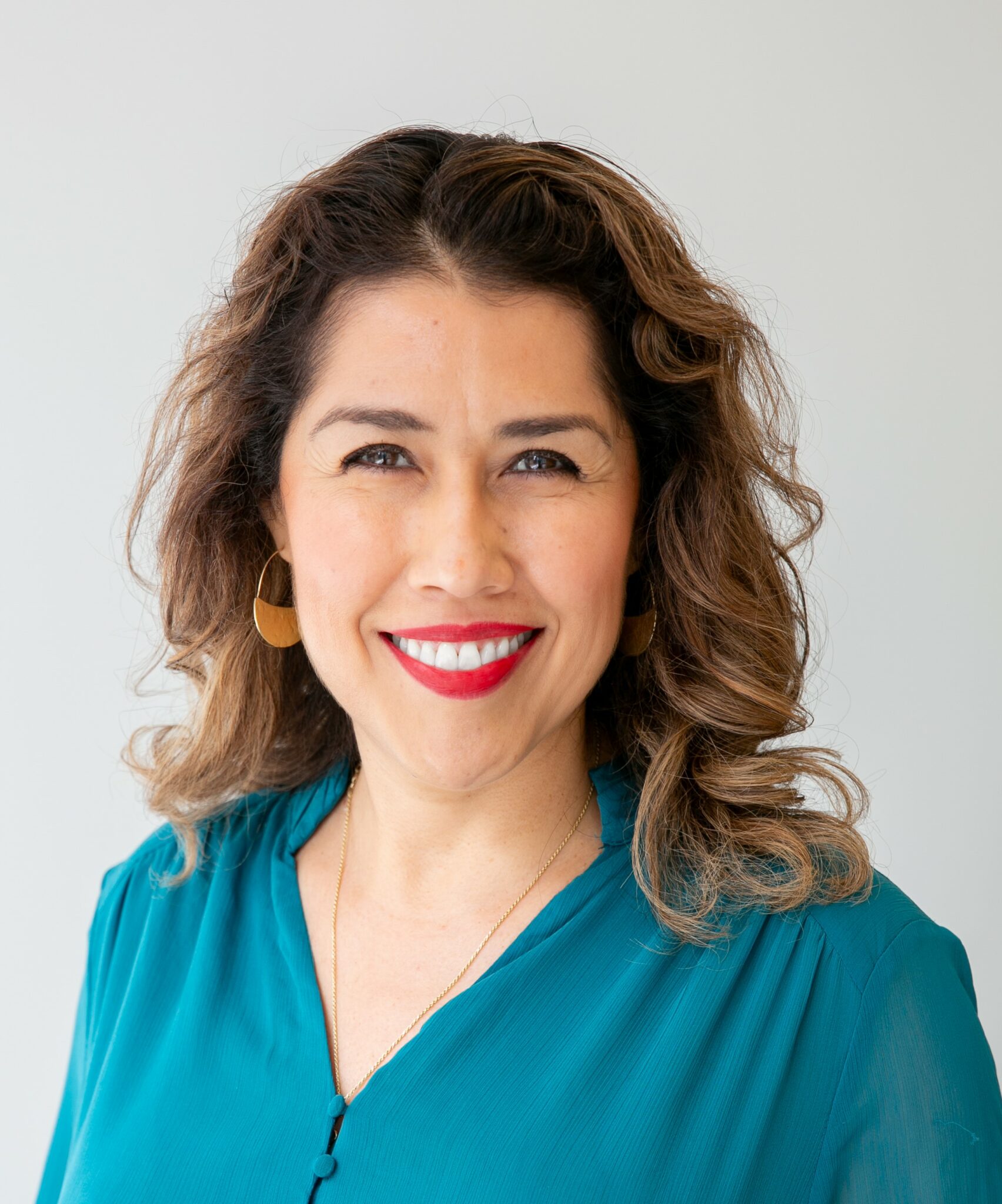The Florida State Board of Nursing plays a crucial role in the nursing profession within the state. It oversees various aspects related to nursing practice, education, and regulation. Understanding the functions and responsibilities of the board is important for nurses and nursing students in Florida.
What Is the Florida Board of Nursing (FBON)?
The Florida department of nursing grants licenses and controls the activities of registered nurses (RNs), licensed practical nurses (LPNs), and advanced practice registered nurses (APRNs). FBON ensures that nurses meet the required standards of education, competency, and ethical conduct to provide safe and quality care to the public. It also reviews and approves applications for nursing licensure, conducts investigations into complaints against nurses, and takes disciplinary actions when necessary.
The FBON also promotes continuing education and professional development among nurses to enhance their knowledge and skills. It works closely with nursing schools, healthcare organizations, and other stakeholders to maintain high standards of nursing education and practice in the state.
The Composition of the Board
The state board of nursing in Florida consists of the following members:
- Registered Nurses (7 members). These members are licensed registered nurses who are actively practicing in various healthcare settings in Florida. They bring their expertise and experience to the board, ensuring that the interests of registered nurses are considered in regulatory decisions.
- Licensed Practical Nurses (3 members). These members are licensed practical nurses (LPNs) who are actively practicing in the state. LPNs play an important role in healthcare delivery, and their representation on the board ensures that the specific needs and perspectives of LPNs are taken into account.
- Consumer Members (3 members). These members are individuals who are not healthcare professionals but represent the interests of the general public. They bring a valuable perspective to the board’s discussions and decisions, ensuring that the public’s voice is heard and protected.
The composition of the board reflects a balance of nursing professionals and consumer members, allowing for a comprehensive and inclusive approach to regulatory matters. This diverse representation helps to ensure that the board’s decisions are fair, transparent, and in the best interest of both nursing professionals and the public they serve.
What Does the Florida Board of Nursing Do?
Here are some of the key functions and responsibilities carried out by the board:
- Licensing. The FBON is responsible for issuing licenses to qualified individuals who meet the requirements for becoming registered nurses (RNs) or licensed practical nurses (LPNs) in Florida. The board ensures that applicants meet the educational, examination, and character criteria necessary to practice nursing safely and competently.
- Monitoring. The board actively monitors the practice of licensed nurses in Florida to ensure compliance with the state’s laws and regulations. This includes conducting investigations into complaints and allegations of misconduct, negligence, or violations of professional standards. Monitoring helps safeguard the public by identifying and addressing any concerns related to nursing practice.
- Disciplining. When violations of nursing laws or regulations occur, the FBON has the authority to discipline licensed nurses. This may involve imposing sanctions such as reprimands, fines, probation, suspension, or revocation of licenses. The board’s disciplinary actions aim to protect the public and maintain the integrity of the nursing profession.
- Educating. The FBON is responsible for providing education and guidance to nurses regarding their professional responsibilities, ethical standards, and legal obligations. This may include disseminating information through workshops, conferences, publications, and online resources. By promoting continuing education and professional development, the board ensures that nurses stay updated with the latest best practices and regulatory requirements.
- Rehabilitating. In cases where nurses are found to have substance abuse or mental health issues, the FBON facilitates the rehabilitation and monitoring of these individuals. The board may collaborate with other healthcare organizations and professionals to develop programs that support the recovery and reentry of nurses into the profession.
The board’s efforts contribute to maintaining the quality of nursing care provided to the residents of Florida.
Are you interested in becoming a holistic nursing professional?
Visit the links below to explore our holistic nursing programs:
How to Get a Florida Board of Nursing License?
To obtain a nursing license from the Florida nursing board, follow these general steps:
- Meet the eligibility requirements. Ensure you meet the qualifications set by the FBON, which typically include completing an approved nursing education program and passing the required examinations (NCLEX-RN for registered nurses or NCLEX-PN for practical nurses).
- Submit an application. Complete the appropriate application form provided by FBON. Provide all the requested information, including personal details, education history, examination results, and any supporting documents.
- Pay the application fee. Include the required application fee with your submission. The fee amount may vary depending on the type of license you are applying for.
- Complete a criminal background check. Undergo a fingerprint-based criminal background check, which is a mandatory requirement for licensure. Follow FBON’s instructions for obtaining and submitting your fingerprints.
- Provide verification of licensure (if applicable). If you hold or have held a nursing license in another jurisdiction, you may need to request verification from that state’s nursing board to be sent directly to the FBON.
- Await processing. The FBON will review your application, supporting documents, and background check results. The processing time may vary, so it is advisable to submit your application well in advance of your desired licensure start date.
- Fulfill additional requirements. Depending on your specific situation, you may need to satisfy additional requirements, such as providing proof of English language proficiency or demonstrating competency in specific areas of nursing practice.
- Receive your license. Once your application is approved, you will be issued a Florida nursing license. Ensure that you keep your license current by meeting the renewal requirements outlined by the board.
To obtain the most current and accurate information about the licensure process, it is advisable to visit the official website of the Florida Board of Nursing (FBON) or get in touch with them directly.
Pathway to Becoming a Registered Nurse in Florida
Embarking on a fulfilling career as a nurse in Florida requires a structured pathway to acquire the necessary education, skills, and licensure. One excellent choice for pursuing your nursing education is Pacific College, which offers a holistic approach to nursing education and the opportunity to obtain a holistic nurse license, offering many nursing programs.
Pacific College of Health and Science provides a comprehensive nursing curriculum that covers essential topics in nursing theory, clinical skills, healthcare ethics, and evidence-based practice. Pacific College focuses on the connection of physical, mental, emotional, and spiritual well-being. This allows students to understand how to take care of the patient more efficiently.
At Pacific College, you will learn from experienced and dedicated faculty members who are passionate about nursing education. Pacific College offers hands-on clinical experiences in various healthcare settings, allowing students to apply their knowledge and skills in real-world scenarios. These practical experiences help students develop confidence and competence in delivering safe and effective patient care.
Choosing Pacific College as your nursing school provides you with a solid foundation for a successful nursing career in Florida. The holistic approach, comprehensive curriculum, experienced faculty, and focus on licensure preparation make Pacific College an excellent choice for aspiring Registered Nurses seeking to make a difference in the lives of their patients.
Featured Posts:



